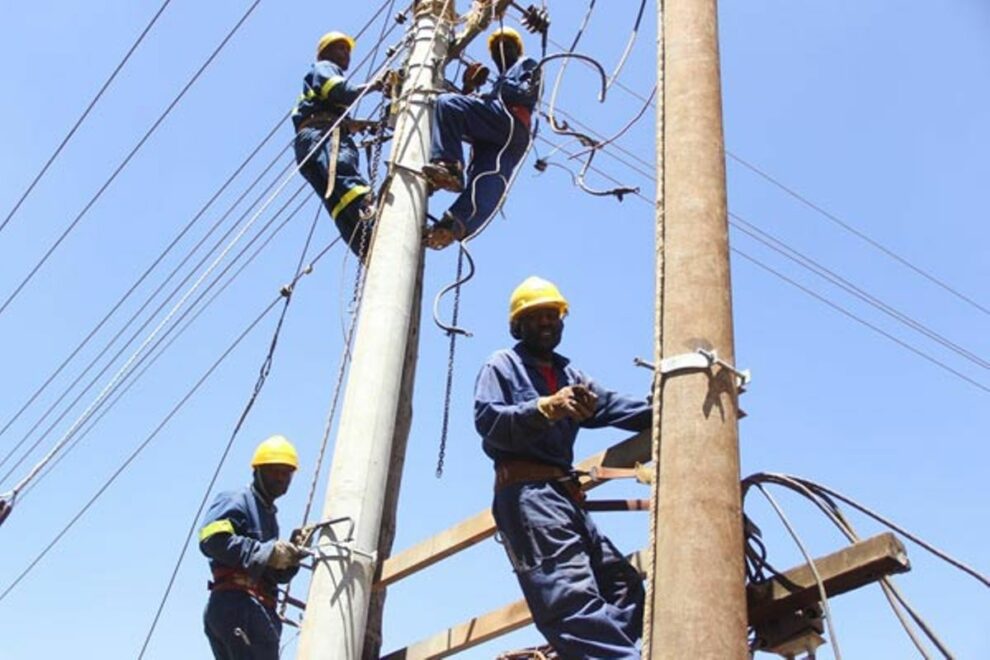Early in the morning, Kenya’s largest referral hospital, Kenyatta National Hospital, nestled on the northern edge of the capital, Nairobi, bustles with individuals seeking advanced medical care.
This extensive health facility boasts a well-guarded sub-station equipped with automated gadgets manufactured in China to ensure stable electricity supply.
Peter Onyango, head of the hospital’s electrical section, highlighted the significance of Sifang’s Ring Main Unit (RMU) sourced from Beijing Sifang Automation Company. He said that the installation of Sifang’s RMU has effectively eliminated power supply disruptions, notably enhancing the quality of care for patients with critical medical conditions.
Previously reliant on outdated and unreliable oil-operated equipment to manage electricity supply, the hospital faced potential risks to patients in intensive care wards during power outages.
“With Sifang’s equipment, we can now remotely detect faults and promptly restore power, mitigating risks to patients in critical care wards,” Onyango said.
The installation of RMUs has brought relief from power supply interruptions not only to Kenyatta National Hospital but also to numerous public and private facilities in Nairobi and neighboring districts.
Thw access to automated equipment has been made possible through the implementation of a World Bank-funded Advanced Distribution Management System (ADMS) by Kenya Power, the state-owned power utility.
Francis Maina, the project manager overseeing ADMS at Kenya Power, said that through a competitive bidding process, the Chinese company secured the tender to install RMUs, ensuring stabilized electricity supply at the country’s primary referral hospital.
The partnership with Beijing Sifang has significantly contributed to the utility’s digitization efforts, enhancing grid reliability while cutting down on fuel and maintenance costs for clients, Maina added.
Notably, at the upscale Panari Hotel, a mid-sized RMU supplied by Sifang has successfully maintained uninterrupted power distribution since its installation in 2022, effectively managing faults along transmission lines.
Outside the hotel, the company’s load break switch, positioned atop a concrete pole, regulates electrical current flow in an area primarily occupied by high-end office blocks.
Suleiman Yusuf, the project supervisor at Beijing Sifang, stressed the stability achieved in power supply at client premises, attributing it to the company’s flagship equipment, including RMUs, load break switches and autoreclosures.
Moreover, it established a laboratory at the Institute of Energy Studies and Research affiliated with Kenya Power in December 2020, aiming to impart knowledge to local technicians on the application of smart power distribution equipment.
Patrick Karimi, the institute’s deputy director in charge of training and research, praised the significant reduction in workload for the operations and maintenance team at the power utility, as well as the quick response to outages ensured by Sifang’s smart gadgets.
Kenya has grappled with frequent outages attributed to various factors such as an aging transmission network, staffing challenges at the state-owned power utility, extreme weather events, vandalism and wildlife interference with transmission lines.
Recent reports in local media indicated five nationwide and prolonged blackouts within the past three years. A nationwide power outage lasting over 20 hours in August sparked public outcry due to substantial economic losses.
Source: Xinhua









